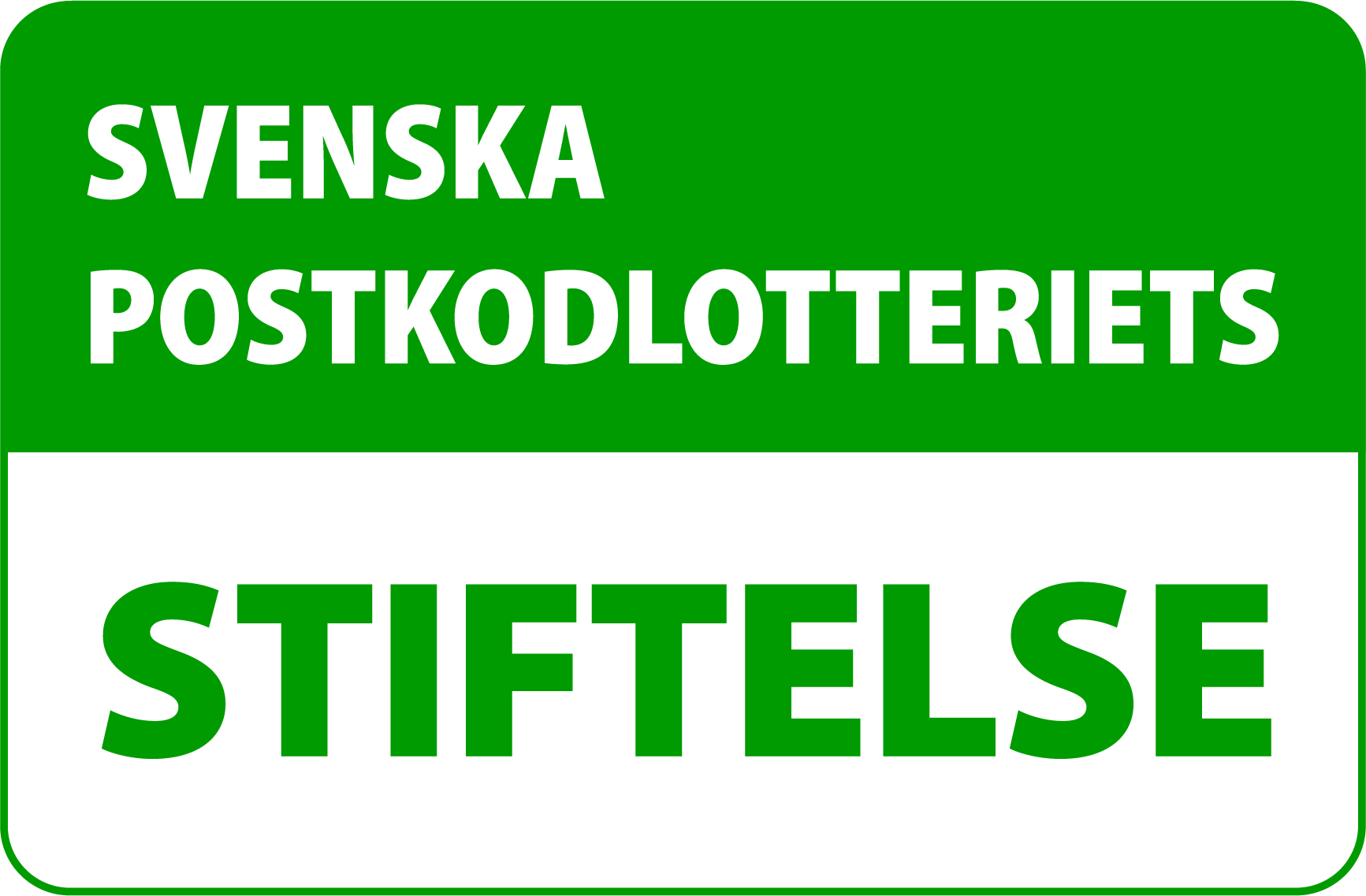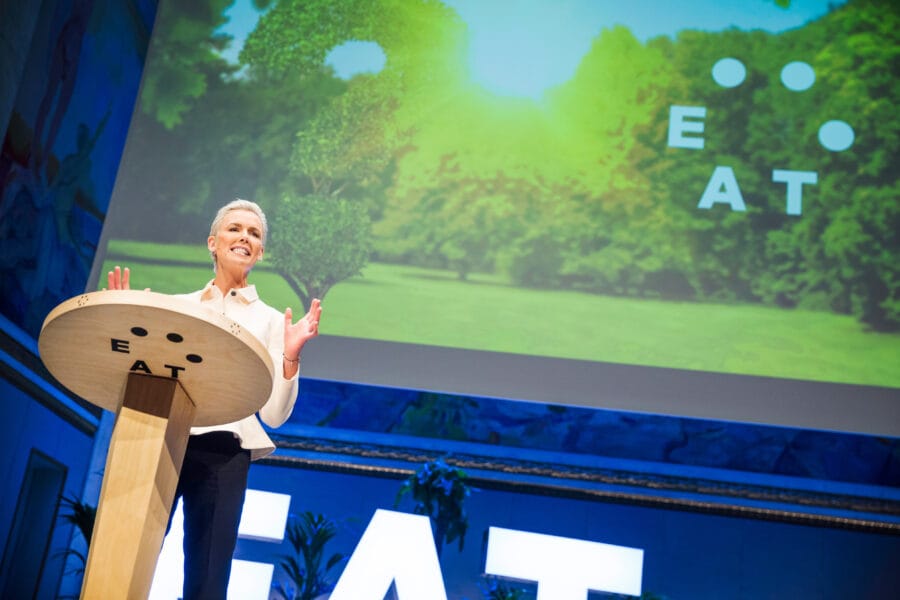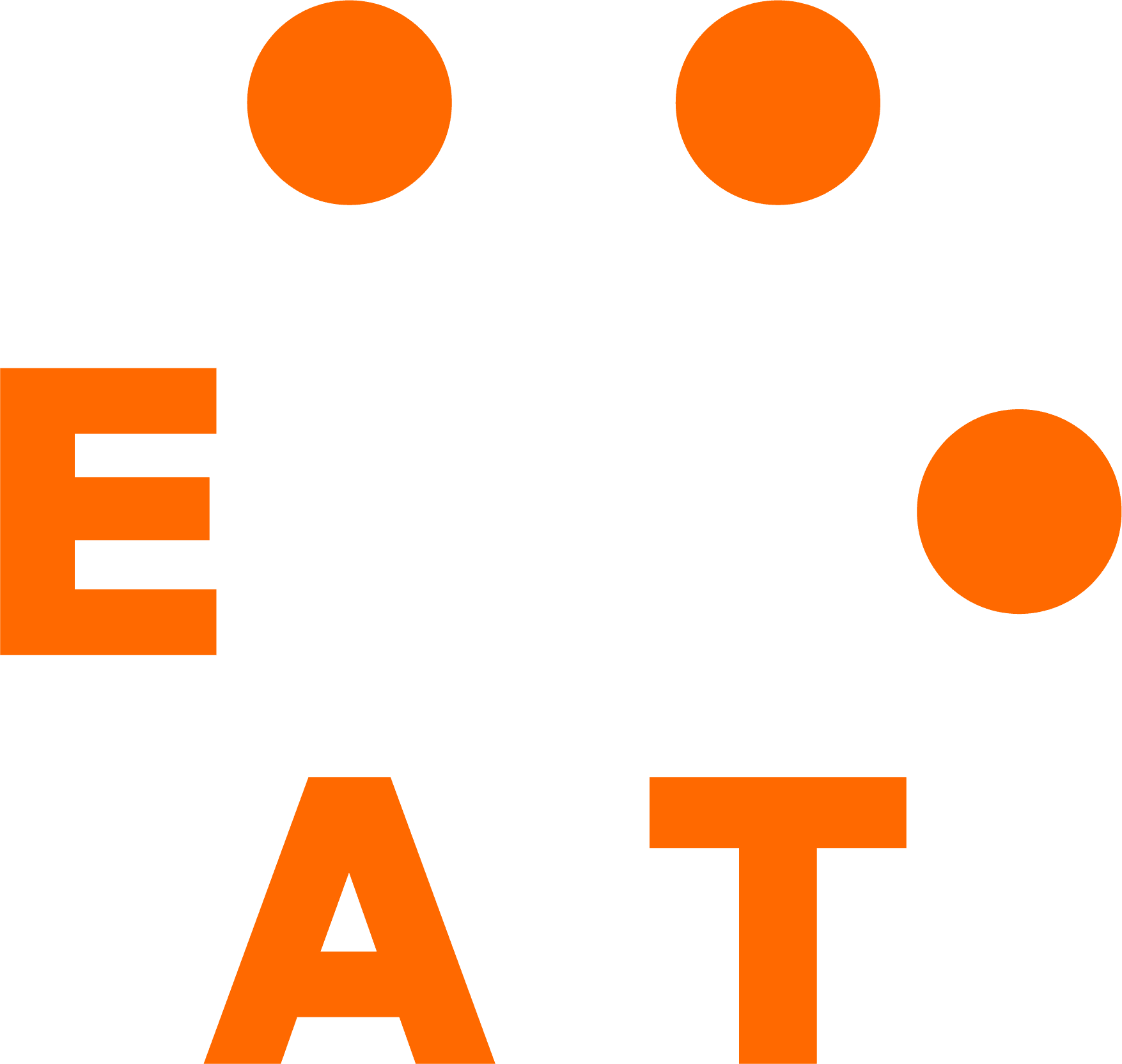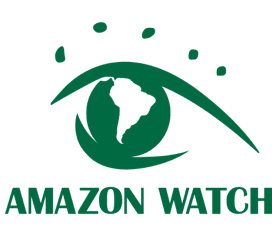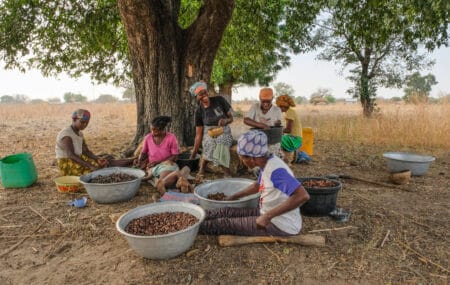EAT-Lancet Commission 2.0
Many of today’s most pressing health and environmental challenges are linked to food and food production. Global food production and consumption account for as much as 30% of the world’s greenhouse gas emissions, while malnutrition, obesity, and chronic lifestyle diseases are growing health problems. A transition to a sustainable food system that can both prevent common diseases and reduce environmental, and climate impact is essential.
In 2019, EAT, in collaboration with the medical journal The Lancet, published the report The EAT-Lancet Commission. The report provided guidelines on how we should eat to feed a growing population with healthy food while staying within the planet’s boundaries. The report had a significant impact on both the public and policy contexts. In 2025, EAT-Lancet 2.0 will be published with more detailed information and roadmaps on how to achieve sustainable and healthy food systems. Spreading this knowledge and ensuring commitments are crucial to reaching the goal.
Through this project EAT Foundation aims to contribute to a healthy and sustainable food system by spreading knowledge, increasing engagement, and ensuring commitments that promote a planetary health diet.
The project is supported with 4 940 000 SEK.
What happens in the project?
The project consists of two main parts:
- – The first part is based on the report EAT-Lancet 2.0. Through the report, the aim is to increase knowledge and engagement on food issues including by conducting a global communication campaign with targeted messages, disseminating simplified versions of the scientific paper, and developing and launching an interactive web-based knowledge hub to make research and concrete recommendations accessible.
- – The second part of the project aims to secure commitments that align with the goals and guidelines highlighted by EAT-Lancet 2.0. The report will be launched at the EAT Stockholm Food Forum, where leading experts from science, business, civil society, and politics will gather to jointly drive solutions for transforming the food system. This will be followed by launch events on all continents and the dissemination of the guidelines at key international forums. EAT will also collaborate with a broad network of organizations and representatives from UN member states, business, and civil society to translate the guidelines into action.
Why was the project supported?
Many of today’s most urgent health and environmental challenges are linked to food and food production. By accelerating the transition to a more sustainable and equitable food system, we can both prevent common diseases and reduce the impact on the environment and climate—two pressing issues of our time.
Project time status
68%
This project started in October 2024 and ends in March 2026
For more information: https://eatforum.org/
